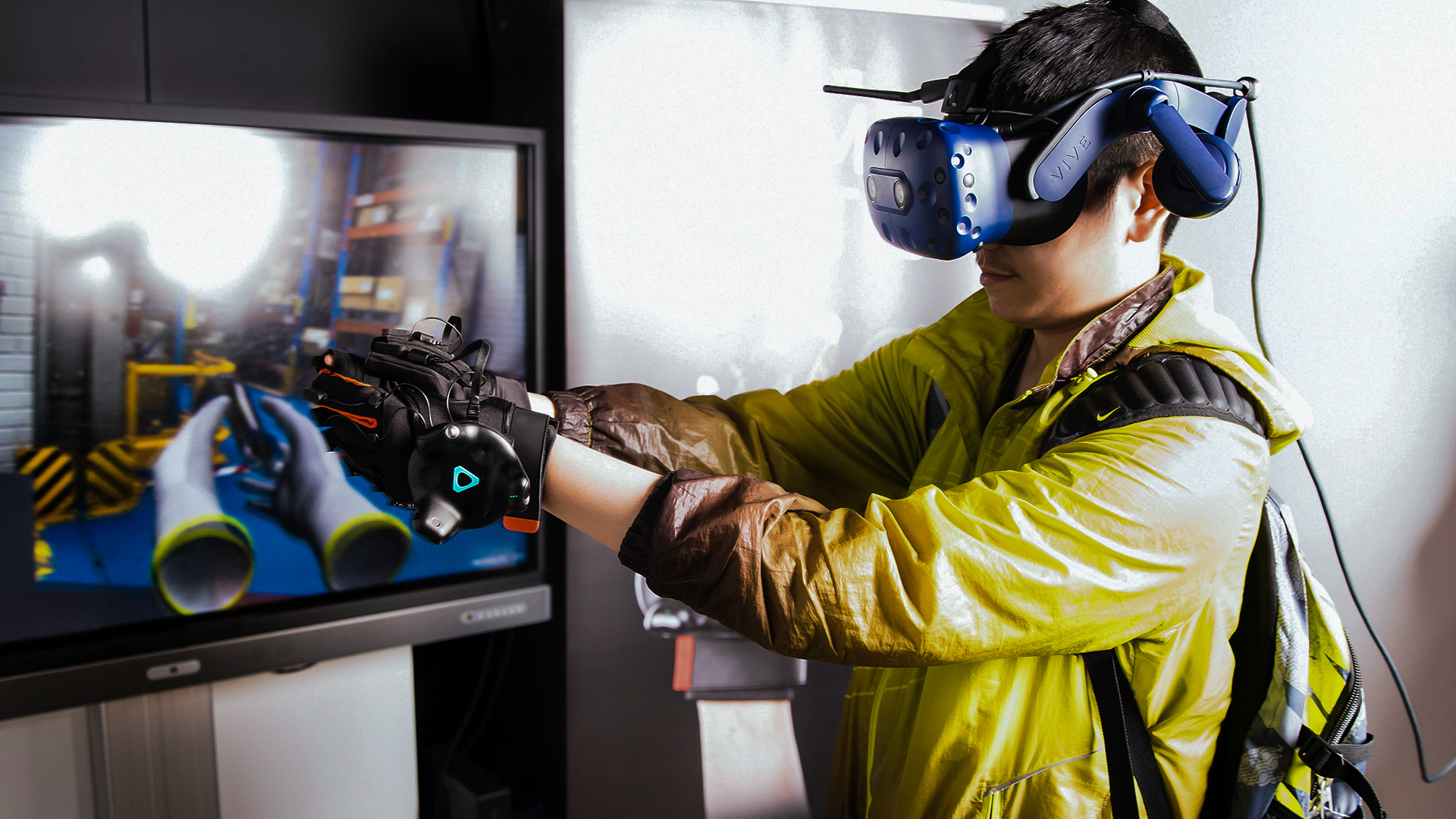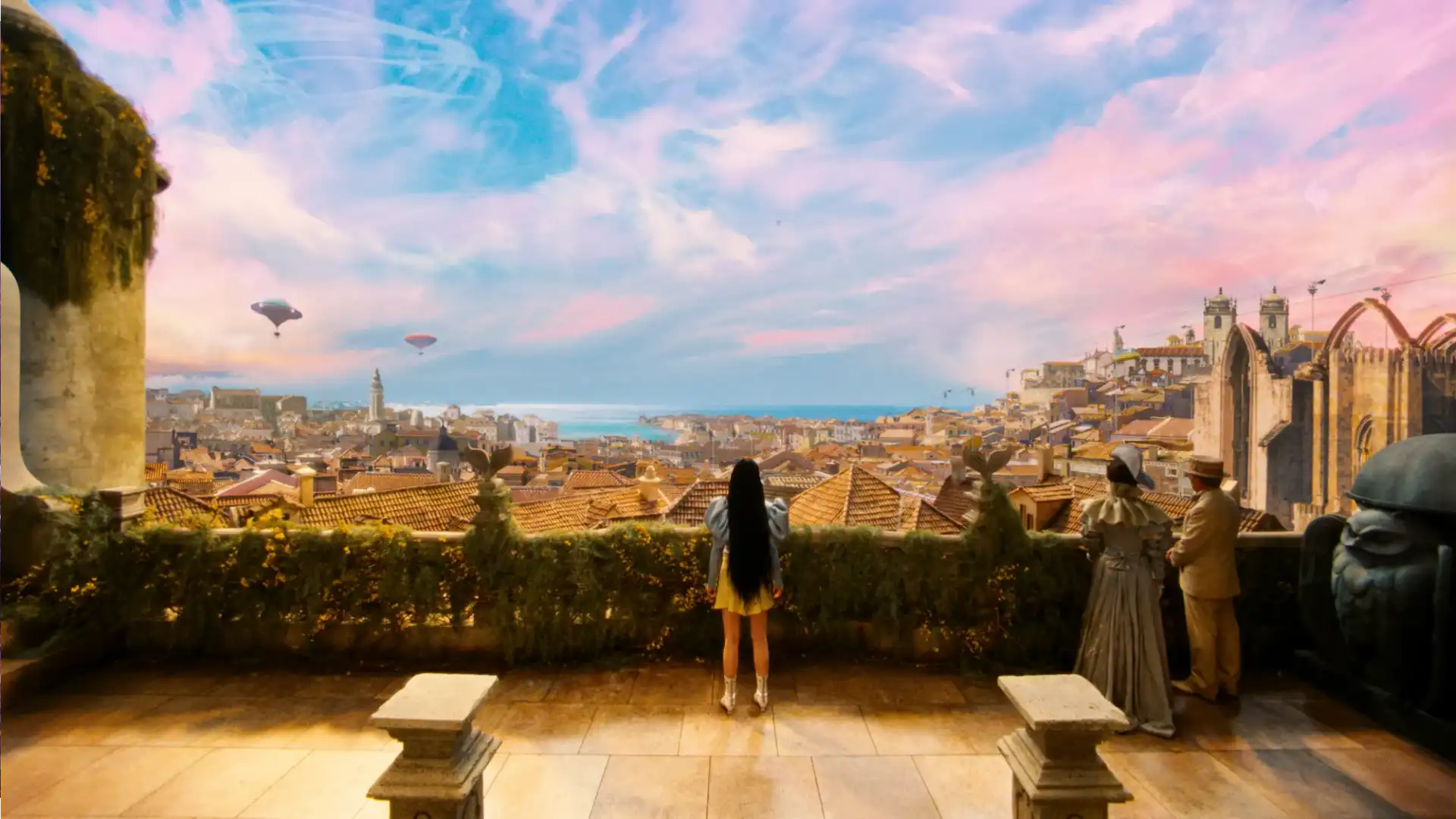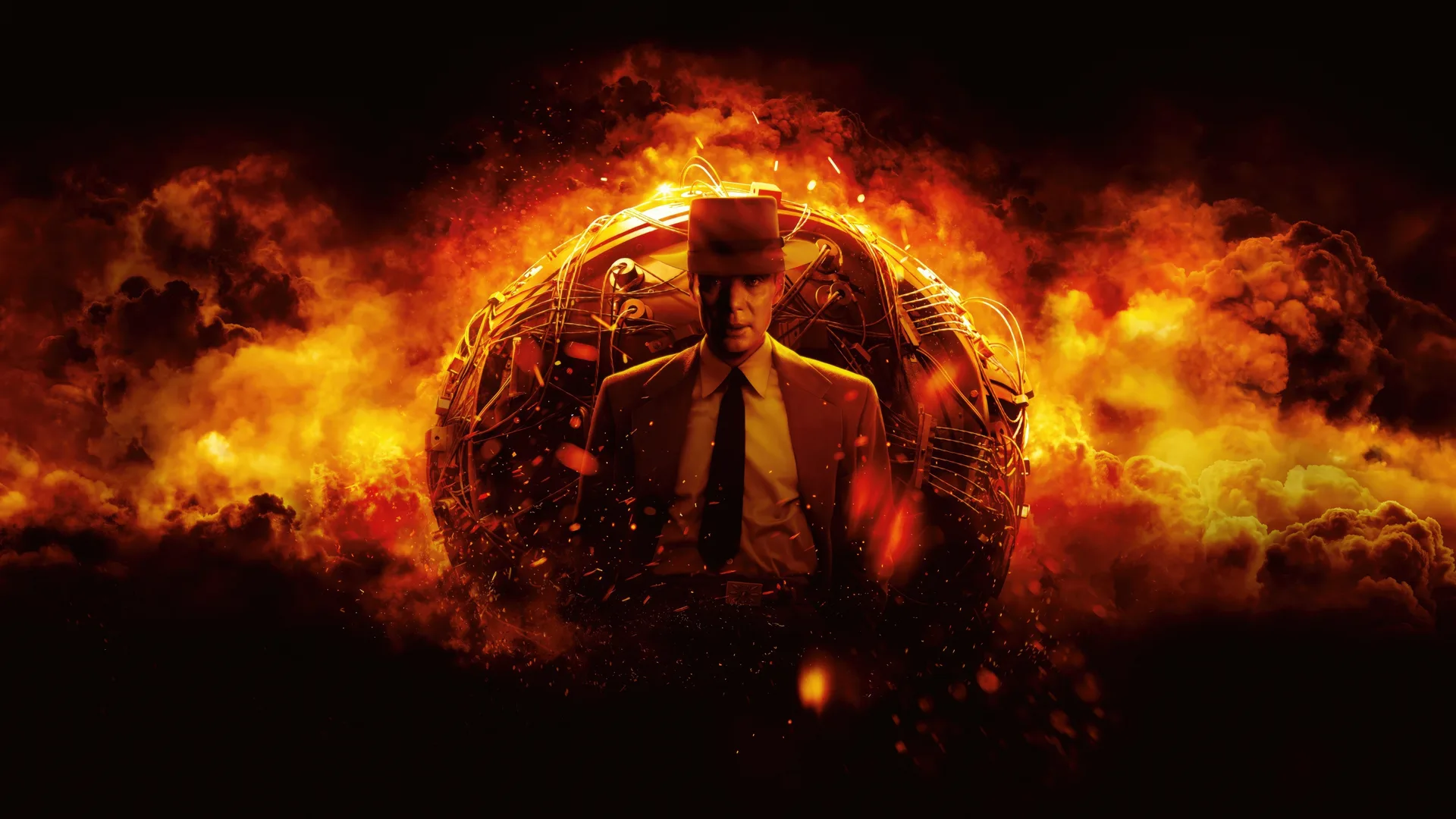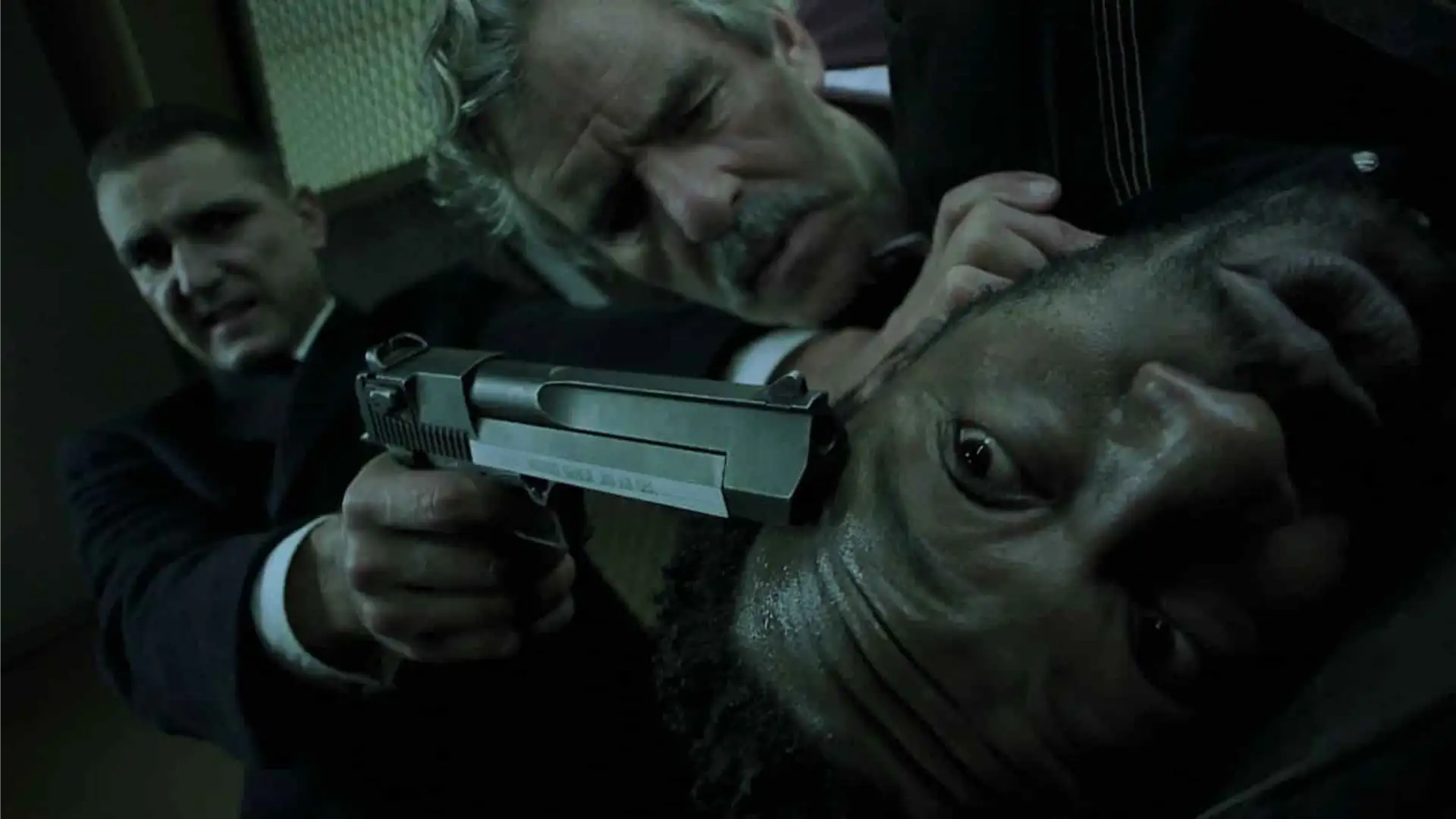Whenever we talk about the future, one undeniable element that plays a major role in shaping it is technology. Although the term “technology” is very general and includes hundreds of sections, it’s still able to give us an image when thinking about the future. Today we want to see what technologies we can see in the future of the film industry and how they’re going to change our experience of watching films.
Online Post-Production Workflow
One of the most important things that need technology’s aid is the process of filmmaking. As we go forward in time, every industry makes some shifts in the process of making things with the help of technology and improves conventional methods of working. Post-production in the film industry is one of the sections that is benefited from technology and now is at the beginning of a huge shift. Remote video editing workflow that comes with an online platform is a solution that helps a filmmaking team in many practical ways. Not only cloud collaboration can eliminate boundaries like space and time of working and decreases the costs, but also doubles up the creativity level by the ease that it brings. So the technology of the cloud is definitely one of those things that are going to change the future of films.
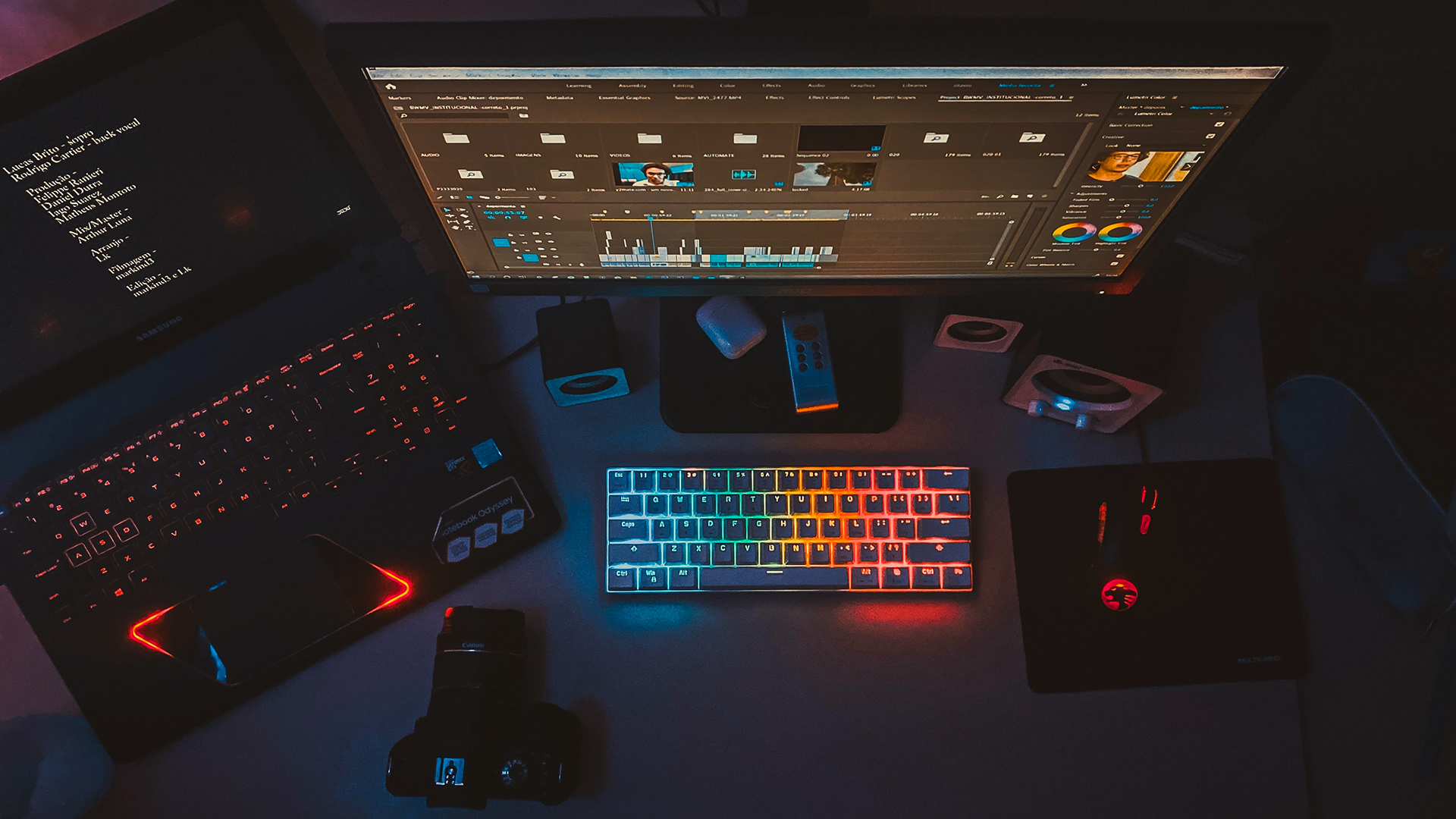
8K and High-Resolution Displays
Another big point about the future that is beginning to be introduced to the industry is the 8k resolution displays that give us an amazing experience of watching films. So there are no more pixels ruing the image and it’s crystal clear in front of your eyes. The details that we get over 8k are so appealing that urge filmmakers to start thinking about making films with higher qualities and left room for remastering it for the time that 8k displays are publicly used. Samsung’s 292 inch TV “the wall” is undoubtedly a great example of this shift and a hint of what we’ll get in the next 5 or 10 years.

Drones
Drones have already caused a lot of changes in the film industry but they continue to progress and get faster and smarter every day. Every special development of drones like being able to go underwater or fly much faster or higher makes it possible to be more and more creative and present new worlds to the viewers. Drones with the 8k camera, thermal sensors, two-rotor bi-copters, and other useful features like more precise subject following, better spatial detection, and failsafe are coming up to get more and more involved in film projects and it’s obvious that the use of drones will increase over time and this great invention will be an important part of the future of this industry.
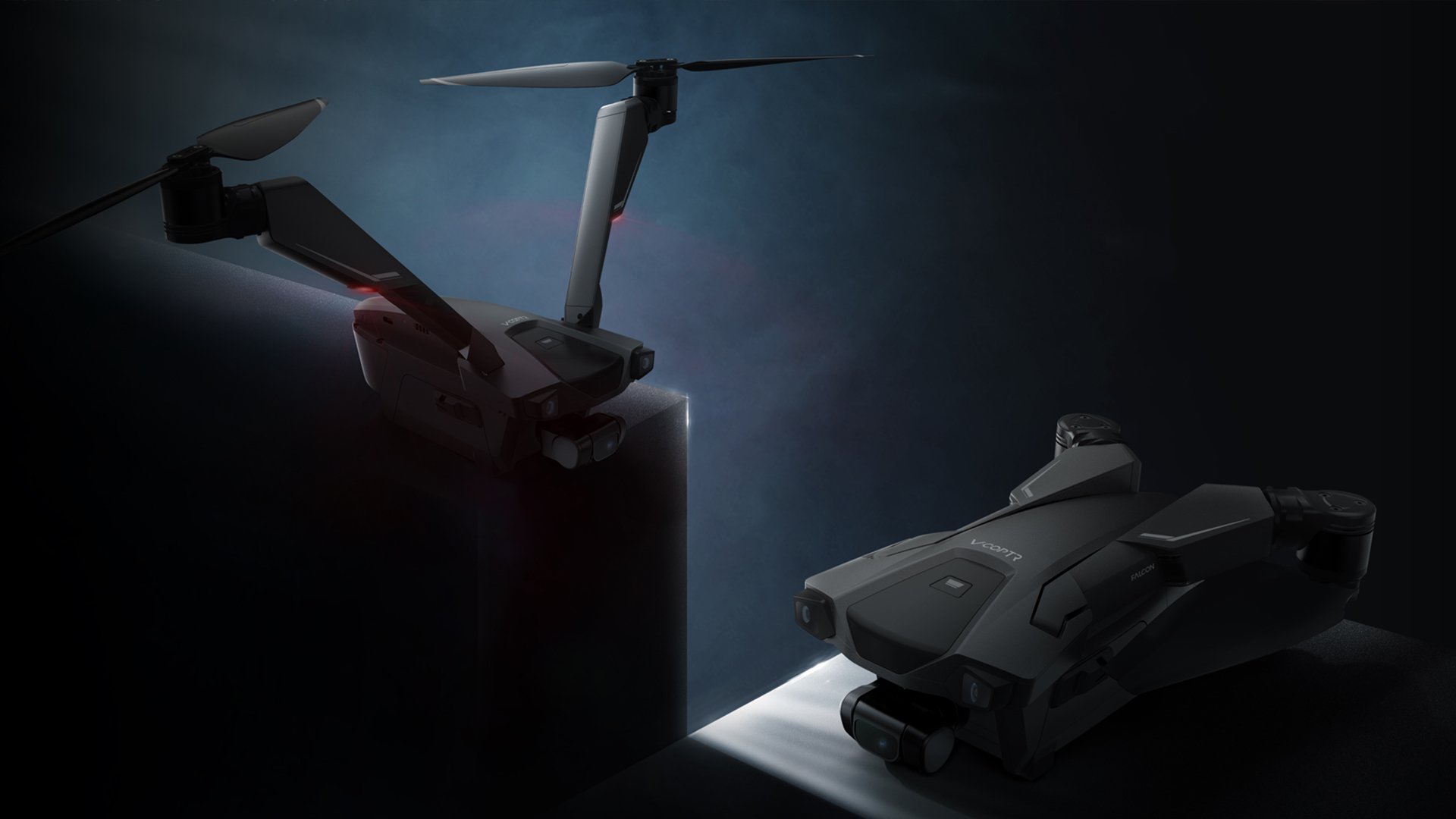
Smart Cams
It seems like being smart is a factor of growth for everything in this world and cameras are not exempt from this. In the film industry, this process has been started by smart cams and smart camera holders that can detect and follow a subject and move based on the subject’s movement without losing focus on it. So cameras that can film independently are definitely a game-changer in the future of films as they might be used without any operator and this reduces the need for the crew in filmmaking. But what is true about AI is that it can only help, and not get the job completely done as it can not be as creative as a human. But it will be a huge help under the supervision of a creative mind.
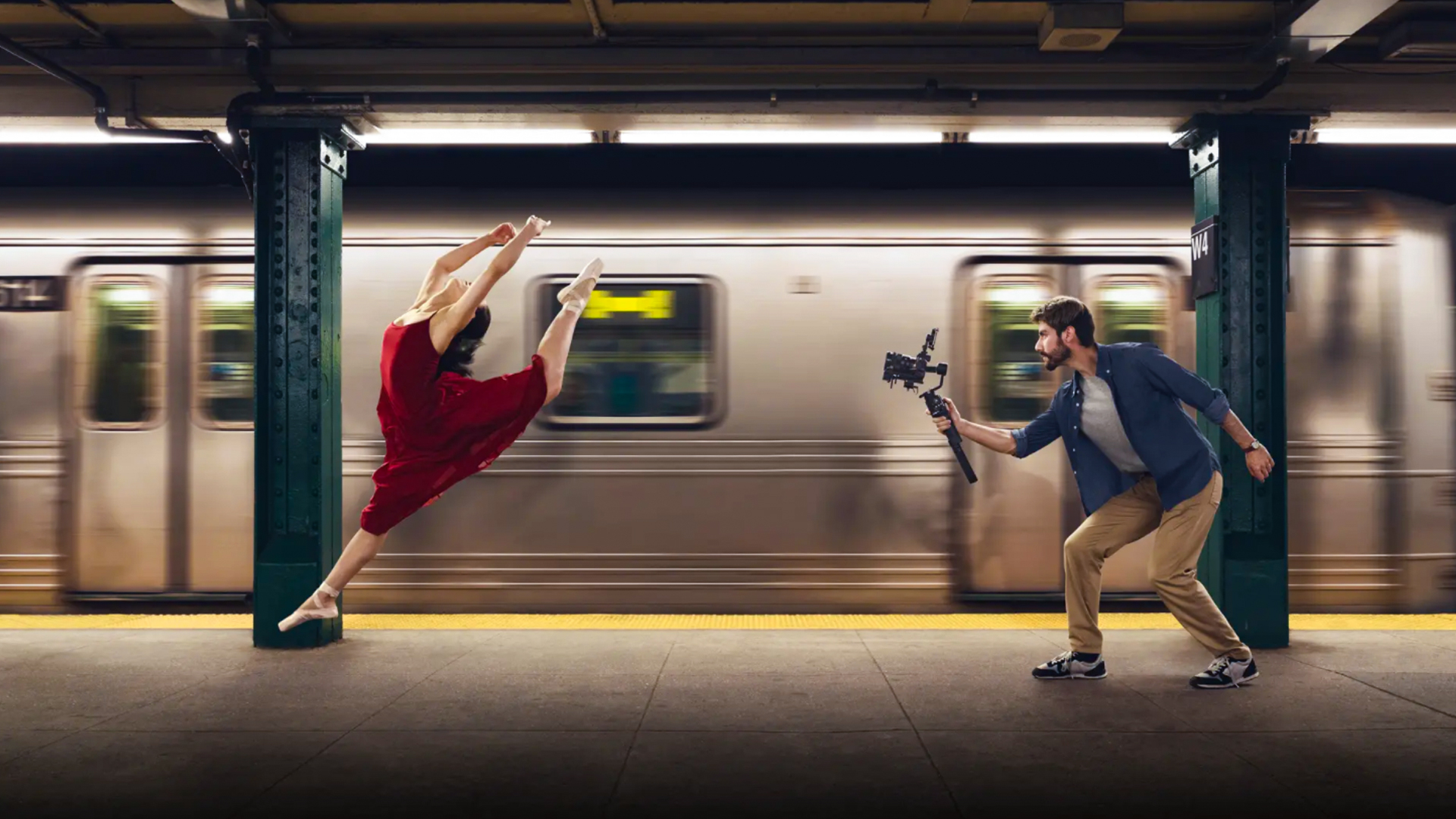
3D Printing the Equipment
One of the main pains of filmmaking especially in big feature films is dealing with hundreds of pieces of equipment between different locations during the production. If 3D technology reaches its golden preciseness and capability it can help filmmaking by producing tools and costumes in real-time and reduce the shipping to the minimum. So I guess having a 3D printer in a film crew will be a useful element of future filmmaking and a change in the way they operate their tasks and maybe one day they could even produce complicated equipment like cameras, lenses, and lights.
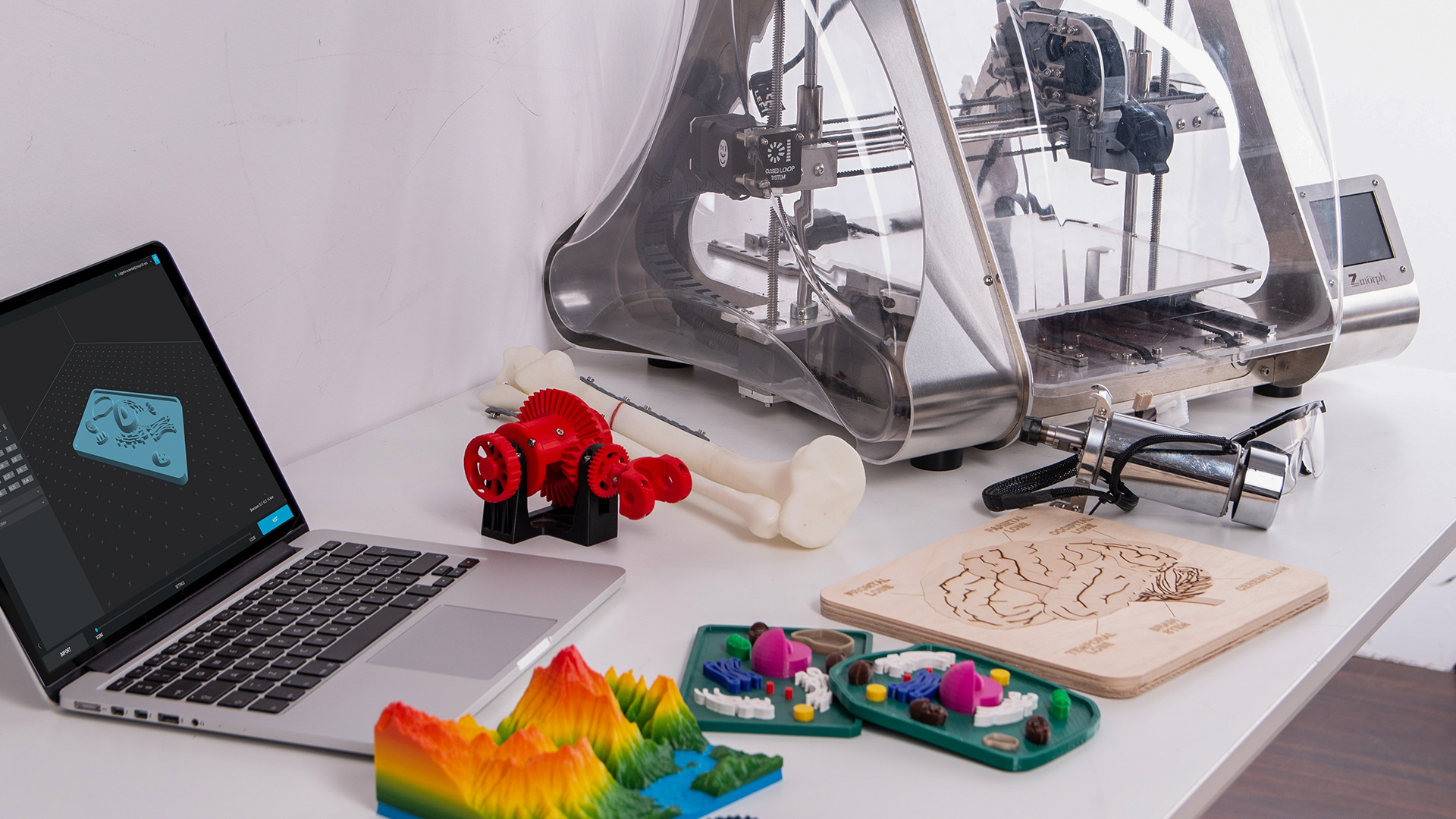
VR
By the everyday growth of VR, it’s more and more finding its way into the film industry not only as a fun experience but as a different style or genre. VR has the ability to change the whole watching experience but needs parallel developments on 3D filming to be able to deliver that unique style. 3D filming on the other hand is stepping forward by the emergence of new cameras with 4k capability and 360 field coverage. So it’s not so far for us to see this as a new form of films created from the heart of technology.
